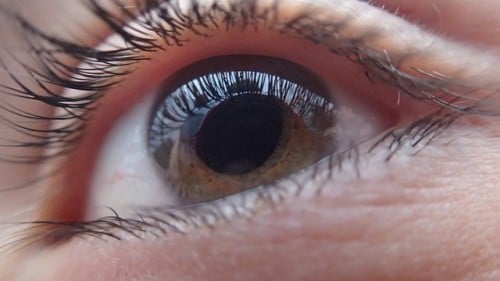Caused by excess fluid in the eye, glaucoma results in increased pressure in the eye that may eventually damage the optic nerve, according to The Glaucoma Foundation. Unfortunately, by the time vision loss is noticeable, it is also permanent. A regular comprehensive eye exam incorporating optomap®, which can help with early disease detection, is critical to prevent vision loss. For patients living with glaucoma and low vision, there is help. A low vision specialist can help you redesign your life so you can be safely independent.

Source: Pixabay
Although there are many forms of glaucoma, the following four, according to The Glaucoma Foundation, are some of the most common:
1. Primary Open-Angle: Generally found in patients over 50, this is the most common form of glaucoma in the U.S. This form is characterized by blind spots that form first in the peripheral vision.
2. Normal Tension: Without the detection of higher-than-usual pressure in the eye, this form is thought to be caused by poor circulation of blood to the optic nerve. Vision damage can occur anywhere in the visual field.
3. Angle-Closure: Affecting nearly half a million Americans, this form of glaucoma affects those of Asian descent and far-sighted people the most. It is believed to be hereditary and may affect several family members.
4. Acute: Acute glaucoma occurs when the pressure in the eye builds rapidly. This form can be very painful in just a few hours and cause patients to see rings around lights and experience blurry vision.
According to the Glaucoma Research Foundation, regardless of the form it takes, living with glaucoma and low vision can be made easier with assistance from a low-vision specialist. Vision loss can be devastating, but often with glaucoma you have more vision than you may think. A specialist will perform an evaluation with you to determine how much vision you have and what your daily life entails.
By changing your living environment and how you accomplish some things, you can maintain your independence in a safe manner. Some simple, effective tips may include the use of an electronic magnifying device, bending the tip of your finger over the rim of a cup or glass to know when to stop filling, and reading books in large print.
Optos would like to impress upon you the importance of a regular, comprehensive eye exam using optomap to assist in the earlier detection of eye disease such as glaucoma.